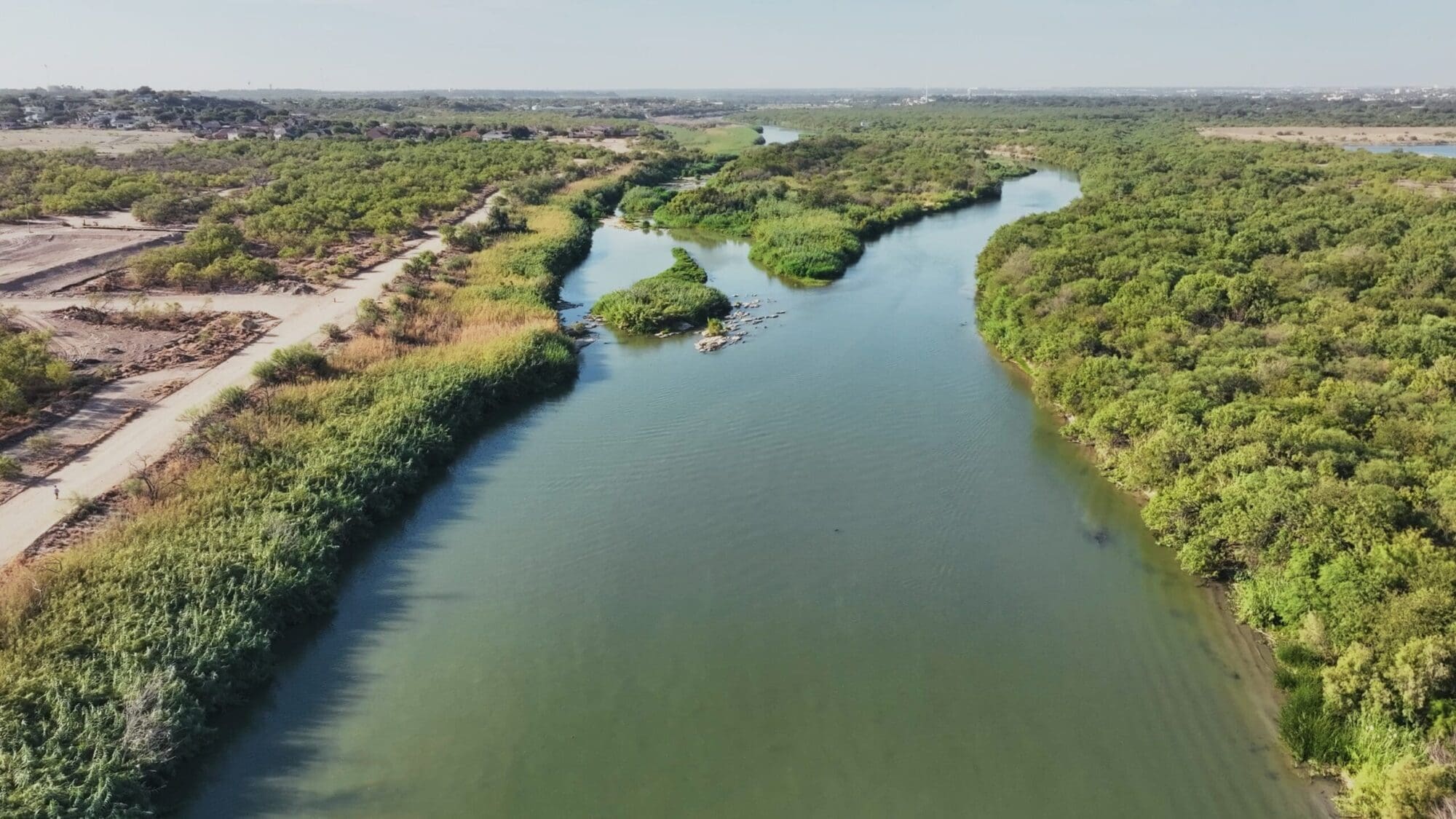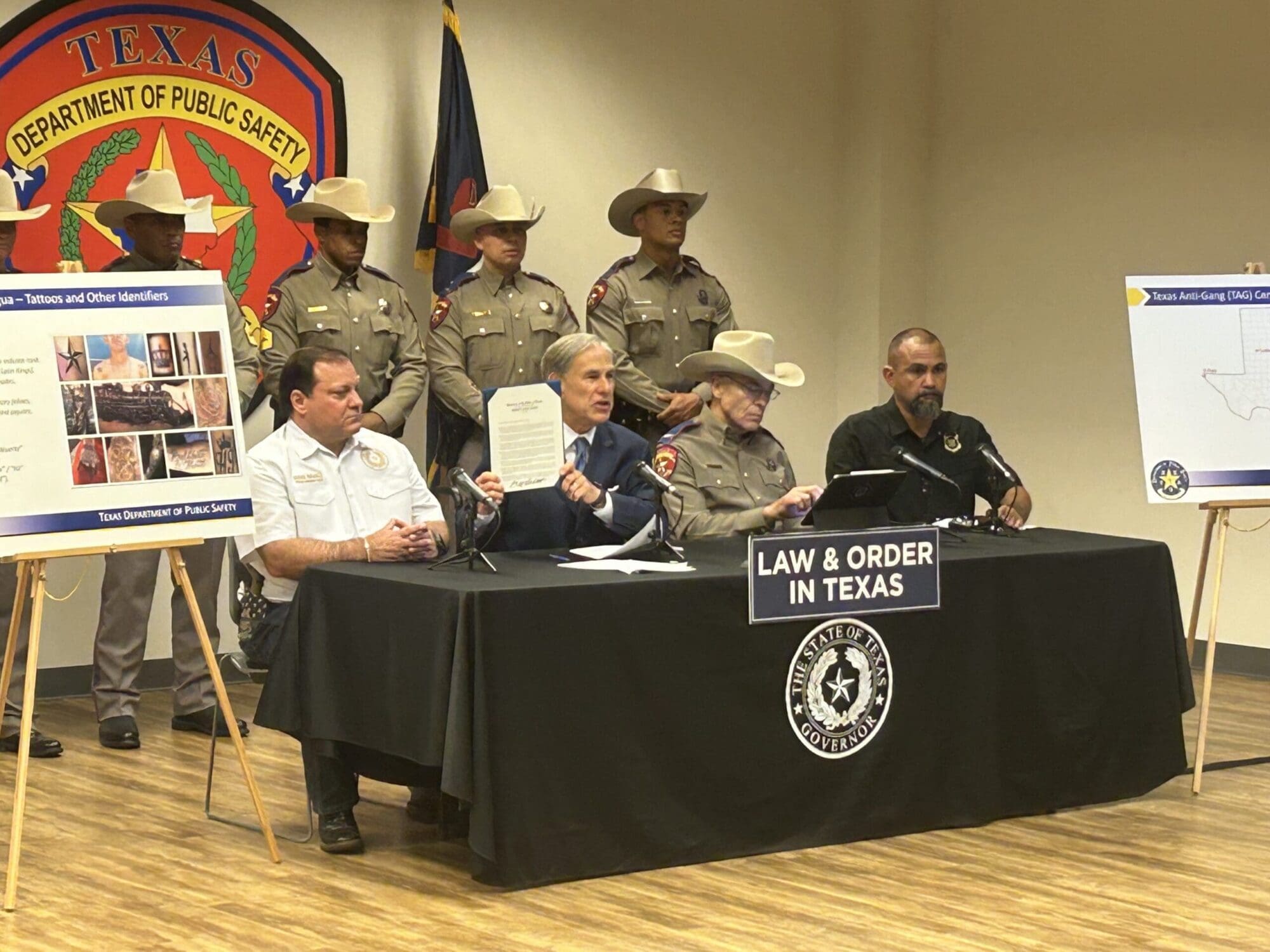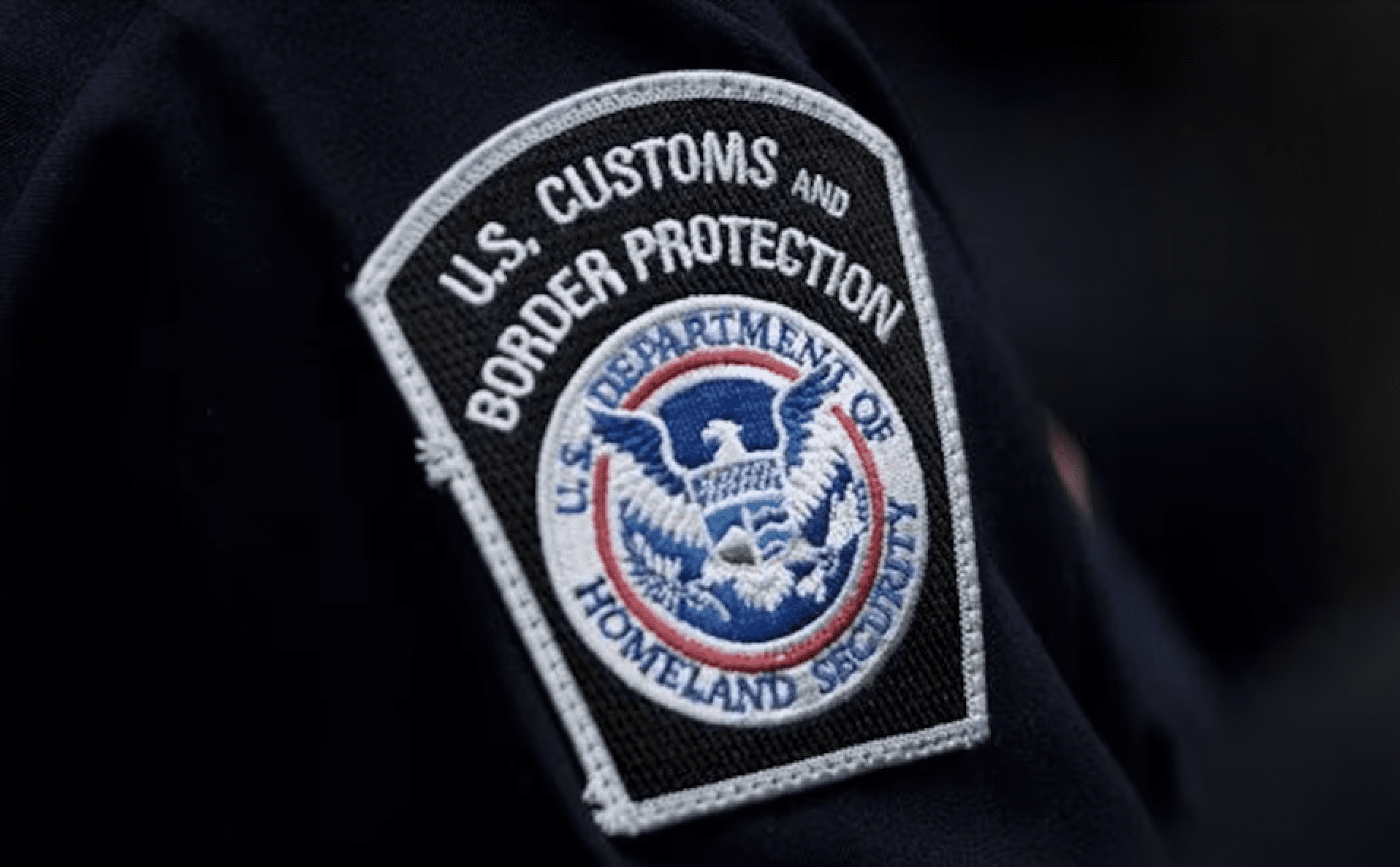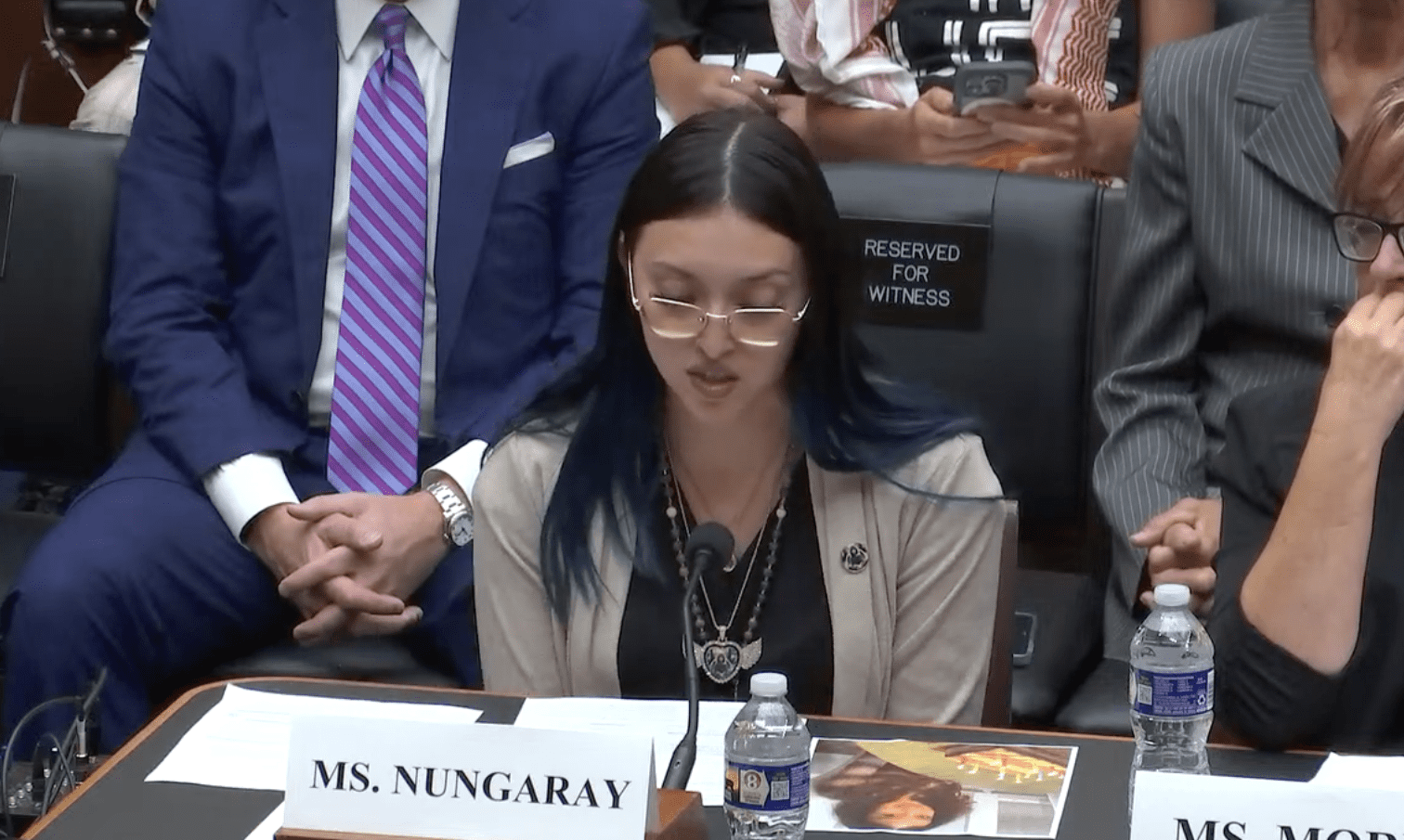As other liberal-led cities around Texas pile on the lawsuits to block the state’s new immigration enforcement law, one major city has no plans to join the fray.
Fort Worth – Texas’ fifth largest city and the most conservative of the five – is showing no interest in being a party to litigation against Senate Bill 4, the state’s newly enacted anti-sanctuary city law.
“Fort Worth follows federal immigration laws and is unequivocally not a sanctuary city,” says Mayor Betsy Price.
Yet organized pro-illegal immigrant groups – like the ones who protested inside the state Capitol to disrupt the final day of the legislative session – are stoking fears about the law in an attempt to pressure city officials into action.
 One of those groups, United Fort Worth, says it “aims to formally draw the City of Fort Worth into existing litigation” against SB 4. So far, they’ve failed. UFW rallied about 100 protesters outside City Hall during the city council’s June 20 meeting, but the council adjourned without discussing SB 4 and won’t meet again until August 1.
One of those groups, United Fort Worth, says it “aims to formally draw the City of Fort Worth into existing litigation” against SB 4. So far, they’ve failed. UFW rallied about 100 protesters outside City Hall during the city council’s June 20 meeting, but the council adjourned without discussing SB 4 and won’t meet again until August 1.
Council member Brian Byrd says he doesn’t think the city should join the lawsuit against SB 4. However, he does have some concerns about how the new law will be implemented and its impact on his constituents.
“What concerns me is, I want to make sure everyone that lives in my district knows they can call for police protection if they need help, regardless of their immigration status,” Byrd told Texas Scorecard.
Others, like council member Cary Moon, say they want to leave the political issues to lawmakers in Austin. “For me at the city level, it’s about potholes and police patrols and not local politics,” said Moon.
The city of Dallas was also targeted by pro-illegal immigrant groups, including North Texas Dream Team – a part of UFW’s coalition that participated in the Fort Worth rally. They were among the disruptive protesters at the Capitol, and agitated against state Rep. Matt Rinaldi (R-Irving) for calling Immigration and Customers Enforcement on the unruly Capitol protesters.
NTDT was also front and center at Dallas City Hall on June 7, serving as a backdrop to Democrat Mayor Mike Rawlings’ announcement that city council decided in a closed-door session to join the legal challenge to SB 4.

Dallas’ city attorney filed a request to intervene on June 23, in what has become a court-consolidated lawsuit against the state implementing its anti-sanctuary city law. According to the complaint,
Collectively, the plaintiffs and proposed intervenors allege that SB4 is unconstitutional because SB4 is preempted by federal law, is void for vagueness, deprives others of procedural and substantive due process, violates freedom of speech, denies equal protection of laws, violates the Tenth Amendment of the United States Constitution, deprives local governments and their officials of the power of self-government, denies them their constitutionally granted discretion, and violates the Voting Rights Act of 1965.
All of the Plaintiffs and proposed intervenors allege that they will suffer substantial and irreparable harm if SB4 is permitted to go into effect.
The complaint echoes the talking points of Democrat lawmakers and pro-illegal immigrant activists in Texas and nationwide. Texas Attorney General Ken Paxton told Fox News on Sunday “none of that is true.”
“If you’re a law enforcement officer and there’s an arrest or a lawful detention, then law enforcement officers may ask about immigration status,” Paxton said. “There’s no requirement here – it’s totally up to each law enforcement officer.” Paxton noted there are also exclusions for victims of crime and witnesses.
Despite the misinformation and fear-mongering about SB 4, Paxton said he’s confident the state will prevail in court. He also welcomed support from the U.S. Department of Justice:
“The Department of Justice fully supports Texas’s effort and is participating in this lawsuit because of the strong federal interest in facilitating the state and local cooperation that is critical in enforcing our nation’s immigration laws.”
Litigation to stop enforcement of SB 4 was kicked off by the League of United Latin American Citizens (LULAC), Maverick County, and the tiny border town of El Cenizo a day after the legislation was signed into law by Texas Gov. Greg Abbott on May 7. The American Civil Liberties Union (ACLU) is representing these plaintiffs.
Several localities have since joined – or taken action to join or intervene in – the now-consolidated group of coordinated lawsuits: the cities of San Antonio, Austin, Houston, Dallas, and El Paso; and the counties of El Paso, Travis, and Bexar. The Mexican American Legal Defense and Educational Fund (MALDEF) is picking up the tab for much of the litigation cost.
San Antonio’s city council decided in a June 1 closed-door session to join forces with MALDEF against SB 4, over the objection of then-Mayor Ivy Taylor. Austin filed a request to intervene in San Antonio’s suit the next day. Bexar County commissioners followed suit June 6, with Commissioner Kevin Wolff saying in a statement that he opposes the law but does not support filing a lawsuit against it:
“I stand against SB4 for all the aforementioned reasons – but I stand against suing the state on SB4 for all the reasons above as well. Again, simply put: it is not within the jurisdiction of the County to create – or interpret – immigration policy.”
Houston voted to sign on to the lawsuit on June 21. Mayor Sylvester Turner was joined by all his fellow Democrats on city council in approving the action by a 10-6 vote. Harris County is still considering its options; Democrat Rodney Ellis, a longtime state senator turned county commissioner, has asked the county’s commissioners court to hold a vote on the issue at its July 11 meeting.
Litigants were in federal court Monday, in San Antonio, to argue whether or not SB 4 will be enforced while legal challenges continue. During the proceedings, ACLU attorney Lee Gelernt complained that the state is “setting up a system that incentivizes people to enforce immigration law to the maximum.” Opposition to enforcement of existing federal immigration laws is at the heart of liberals’ challenges to SB 4.
In a separate federal court hearing Thursday in Austin, U.S. District Judge Sam Sparks called out the political motives of the anti-SB 4 plaintiffs:
“The city of Austin just got in because it’s political and they get a lot of advertisement” in the press, he said. Later, when Nina Perales, vice president of litigation for the Mexican American Legal Defense and Educational Fund, said she didn’t want to get into the politics of the issue, Sparks quipped: “Spare me.”
Neither court indicated when it would rule on the future of the immigration enforcement law, which goes into effect September 1.





